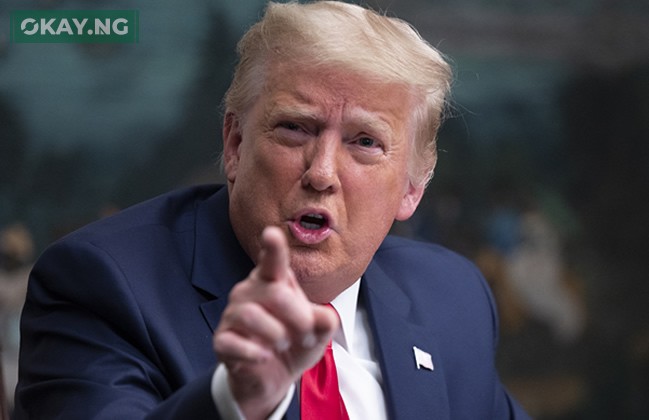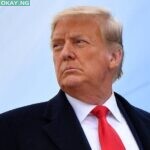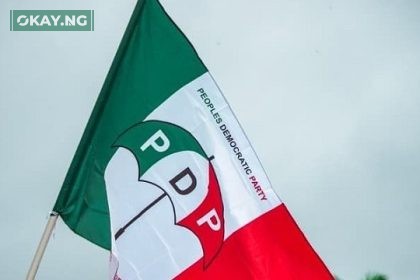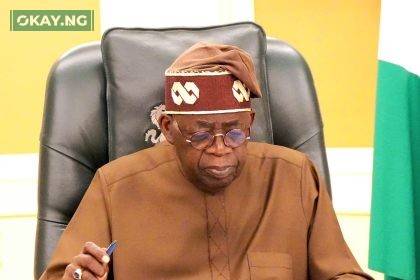A deepening global trade war, ignited by U.S. President Donald Trump’s sweeping tariffs, has sent shockwaves through financial markets and sparked retaliatory measures from key economic powers. On Monday, global markets experienced a third consecutive day of losses, fueled by investor fears that escalating trade barriers could trigger a worldwide recession.
The S&P 500, after a volatile session, closed lower, hitting its lowest point in over a year. President Trump defended his tariffs, which include a minimum 10% levy on all U.S. imports and targeted rates up to 50%, as a necessary step to “reset the table” and revitalize the U.S. industrial base. “It’s the only chance our country will have to reset the table. Because no other president would be willing to do what I’m doing, or to even go through it,” Trump told reporters at the White House, expressing confidence in a “beautiful picture at the end.”
However, Trump’s aggressive stance has drawn sharp criticism and retaliatory actions from major trading partners. The confrontation with China intensified as Trump threatened an additional 50% duty on U.S. imports from China if it did not withdraw its 34% tariffs imposed last week. In response, Chinese embassy spokesperson Liu Pengyu stated, “We have stressed more than once that pressuring or threatening China is not a right way to engage with us. China will firmly safeguard its legitimate rights and interests.”
The European Union also announced counter-tariffs of 25% on a range of U.S. goods, including soybeans, nuts, and sausages, as detailed in a Reuters-sourced document. EU Trade Commissioner Maros Sefcovic emphasized a willingness to negotiate, stating, “Sooner or later, we will sit at the negotiation table with the U.S. and find a mutually acceptable compromise.” The EU faces existing tariffs on autos and metals, with further tariffs on alcoholic beverages looming.
The escalating trade tensions have prompted concerns from Wall Street leaders. JPMorgan Chase CEO Jamie Dimon warned of “lasting negative consequences,” while fund manager Bill Ackman cautioned of a potential “economic nuclear winter.” Even within Trump’s circle, figures like Elon Musk have advocated for zero tariffs between the U.S. and Europe.
Read Also: Trump’s “Reciprocal Tariffs” Ignite Global Trade Tensions, Nigeria Impacted
Financial markets have reacted sharply to the uncertainty. Shares in Taiwan plummeted nearly 10%, marking a record one-day percentage fall. China’s sovereign fund intervened to stabilize its markets after significant losses. The growing recession risk has also led investors to speculate on potential interest rate cuts by the U.S. Federal Reserve.
“He’s doubling down on something that he knows works, and he’s going to continue to do that,” White House economist Kevin Hassett said on Fox News, indicating Trump’s resolve. “But he is also going to listen to our trading partners, and if they come to us with really great deals that advantage American manufacturing and American farmers, I’m sure he’ll listen.”
The situation remains fluid, with governments in Asia, such as Taiwan and India, signaling a willingness to engage in talks. Meanwhile, companies like Volkswagen’s Audi and Howmet Aerospace are bracing for the impact of the new tariffs, potentially halting shipments.
As the global trade war intensifies, the economic implications for businesses and consumers worldwide remain a significant concern, creating a climate of uncertainty and prompting calls for swift diplomatic solutions.













